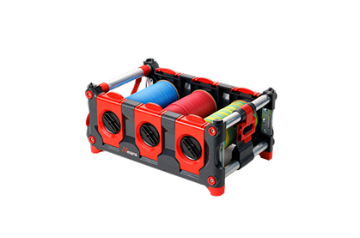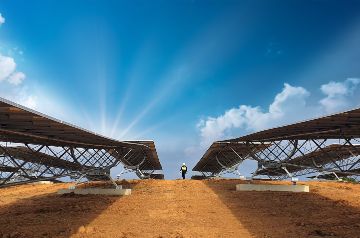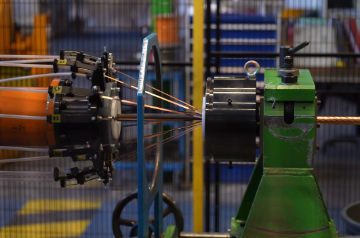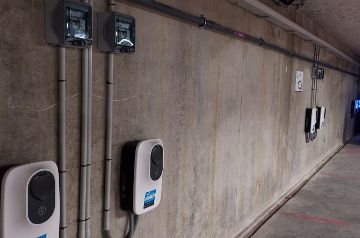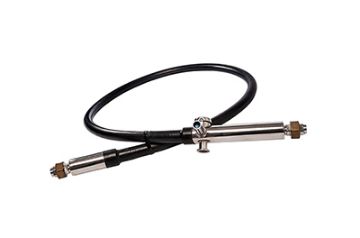- Markets
- Products
- Services
- News
- Tools & Resources
- About Nexans
- Search
- Contact us
- Compare
- Sign in
BlueOn x Nexans: strategic synergy for low-carbon products
Crossed interview with Elyette Roux, Executive Vice President PWR-Grid & Accessories at Nexans, and Jean-Luc Baras, Head of Procurement at Eiffage

In a context where energy transition and carbon footprint reduction have become strategic imperatives, the partnership between Nexans and BlueOn stands out as a model of innovative synergy.
Learn more about this:
1. What motivated this synergy between Nexans and BlueOn?
For Eiffage, it was about gaining access to environmentally friendly products with a verified and verifiable lower carbon footprint via Environmental Product Declarations (PEPs – Product Environmental Passports) from strategic suppliers like Nexans, through a digital and disintermediated channel. This enables Eiffage to position itself competitively on so-called low-carbon projects.
For Nexans, it’s about aligning with our holistic E3 (Economy, Engagement, Environment) commitment – which involves producing and supplying strategic clients like Eiffage with low-carbon products, meaning those with a reduced environmental footprint compared to equivalent products, and providing access to reliable, certified environmental product data.

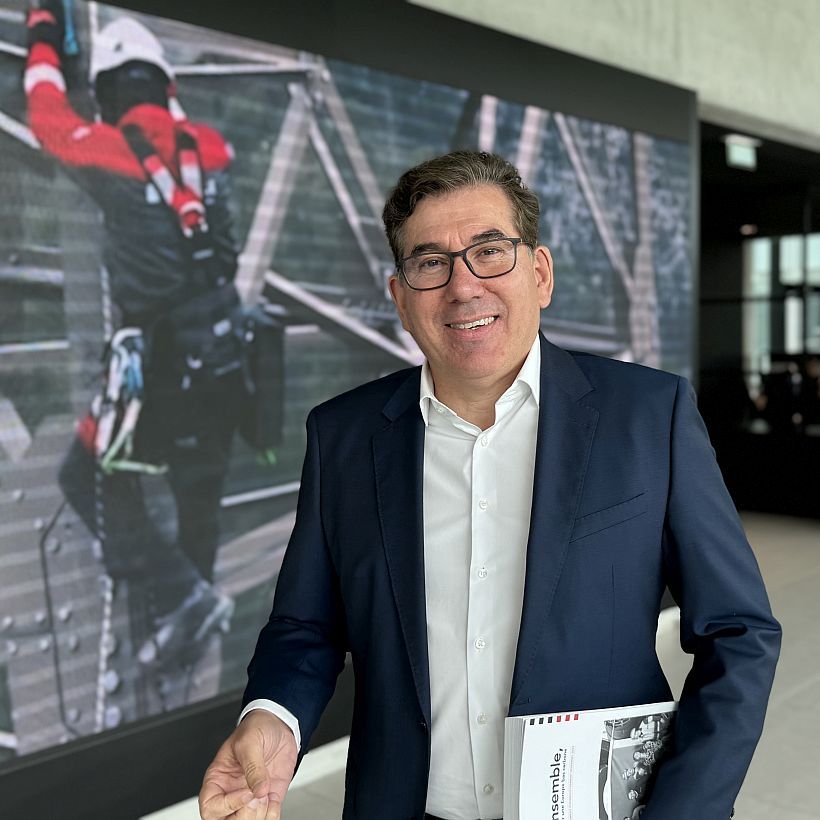
So it made perfect sense for us to collaborate with a company that prioritizes this commitment and to strengthen the direct link between our two organizations in order to deepen our transparency regarding carbon data.
BlueOn is the natural extension of this investment, especially within the Eiffage group, as it gives concrete expression to Nexans’ environmental commitments. As buyers, it’s essential for us to know the environmental impact of the products we use, and this partnership allows us to move in that direction operationally.
2. How do you foresee stakeholder expectations evolving in terms of transparency and sustainability, and how are clients preparing for it?
Elyette Roux – The synergy between Eiffage and Nexans is above all driven by a shared vision with Jean-Luc Baras: to bring transparency around the sustainability of products supplied by Nexans and installed by Eiffage. We see this as critical because the expectations of Nexans’ strategic clients regarding the availability of low-carbon products are increasing, while supply remains naturally limited – since it requires maximizing the use of recycled materials. For example, recycled aluminum cables can reduce the carbon impact by up to 50%, but they can only be manufactured from a sufficient volume of recycled aluminum cable waste. That places strong constraints on the collection and processing of this waste to produce enough recycled aluminum cables to meet the needs of Nexans’ key clients.
Jean-Luc Baras – Currently, clients often have to settle for limited offers due to a lack of comprehensive solutions that meet all CSR requirements. However, once more structured and holistic proposals become available, they will quickly shift toward these options. The pressure won’t only come from end customers, but also from users who will increasingly demand transparency. Among large companies, it’s already clear that in the medium term, CO2 audits will become just as essential as financial audits.
3. What are your respective priorities for advancing your CSR commitments over the next five years?
Elyette Roux – Our respective CSR commitments involve strengthening our strategic partnership to reinforce the virtuous loop between our two companies: for Nexans to supply more low-carbon products, it needs access to more aluminum cable waste. These are usually dismantled and made available on Eiffage-operated construction sites, for instance. Therefore, building a future Nexans–Eiffage ecosystem focused on recovering, collecting, and recycling cable waste makes complete sense.
Jean-Luc Baras – At BlueOn, our CSR priorities for the next five years focus on better leveraging environmental data. We currently use only a small portion of this data, but we plan to go further by working on key indicators such as the share of recycled materials in our products and water management – a crucial issue for the future. We’ll also strengthen product traceability to better manage the supply chain, especially by identifying recycled material content and closely monitoring critical raw materials. At the same time, we aim to deepen our environmental footprint analysis by paying closer attention to indicators such as freshwater consumption during cable manufacturing. The goal is to broaden our perspective – not limiting ourselves to carbon footprint, but also integrating water footprint into our processes, to identify optimization opportunities with Nexans. This is part of our commitment to a more responsible circular economy.
Our websites
Select your country to find our products and solutions
-
Africa
- Africa
- Ghana
- Ivory Coast
- Morocco
- North West Africa
- Americas
- Asia
- Europe
- Oceania
